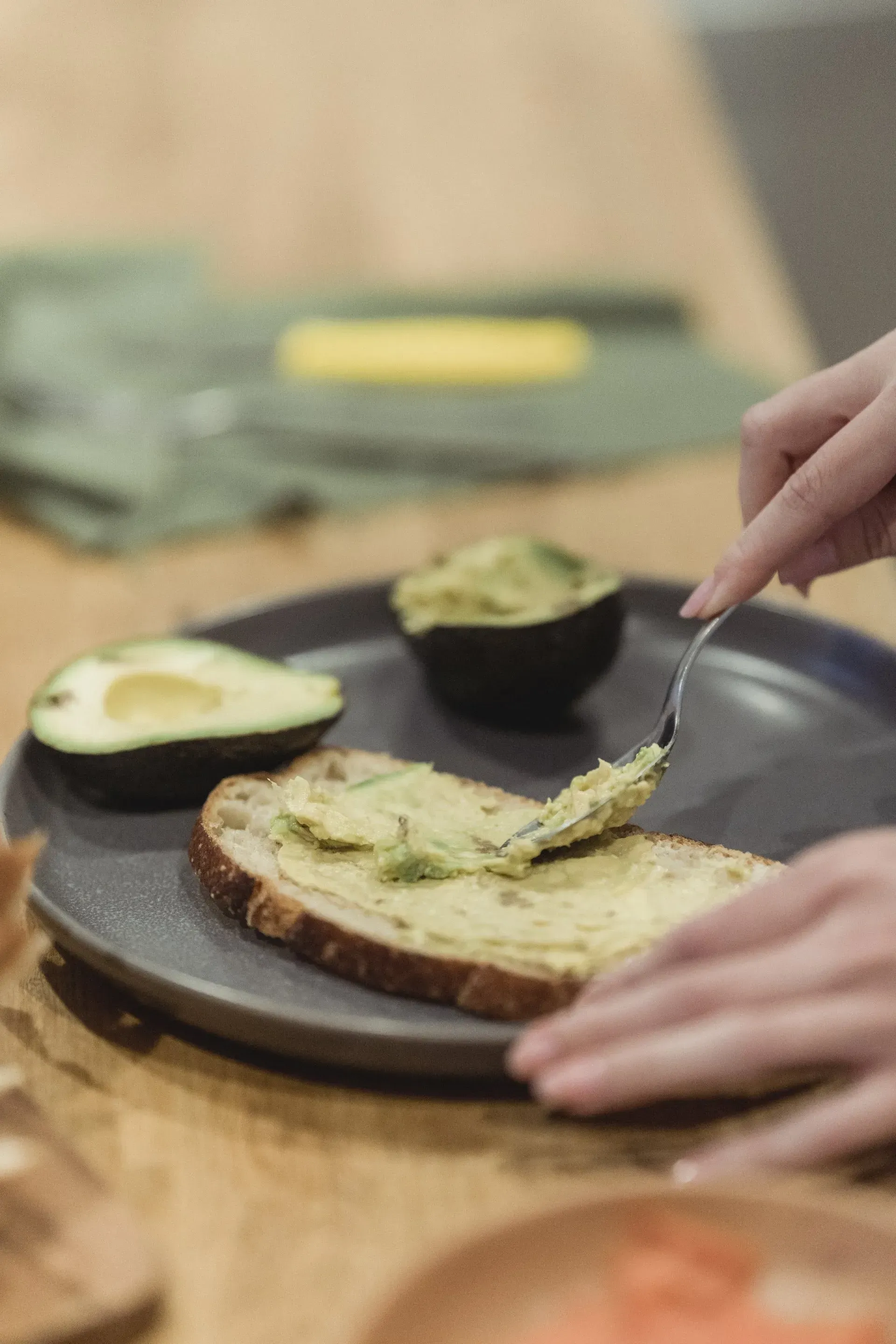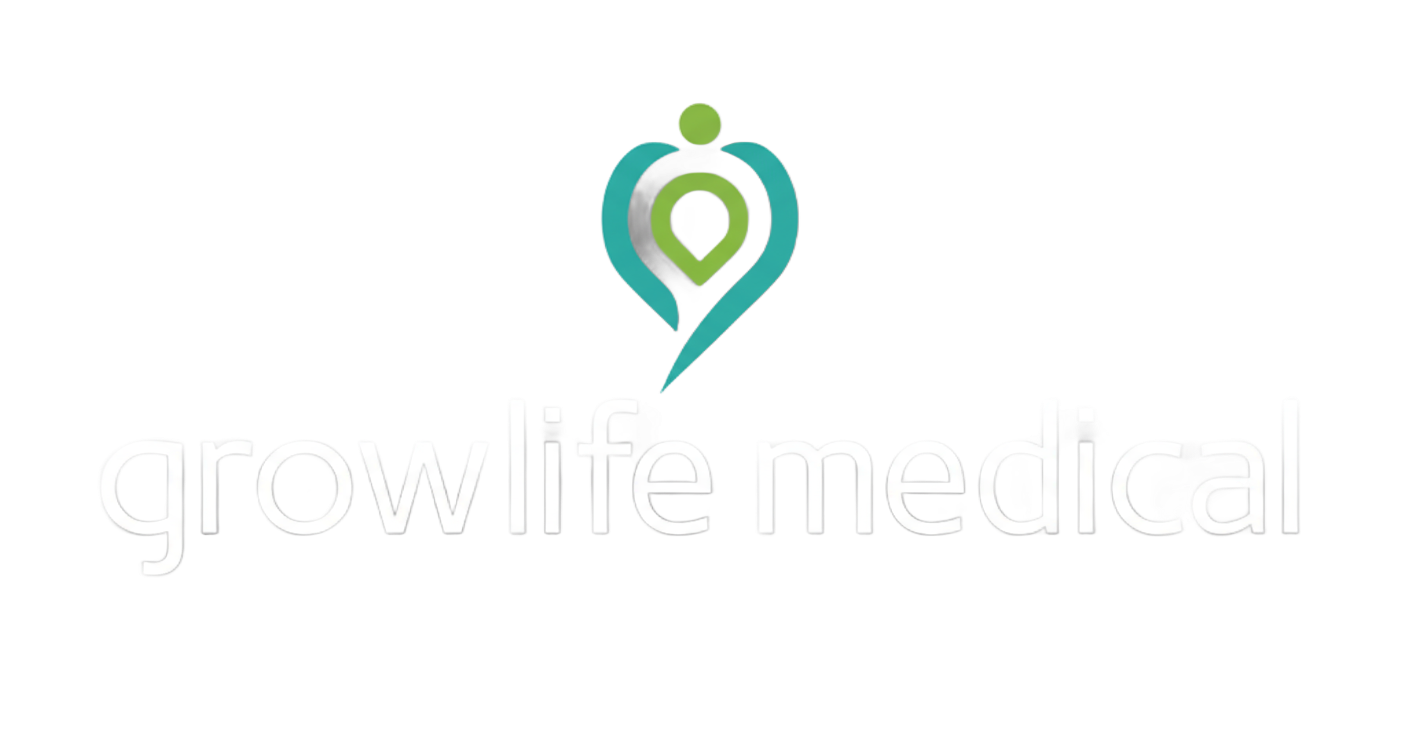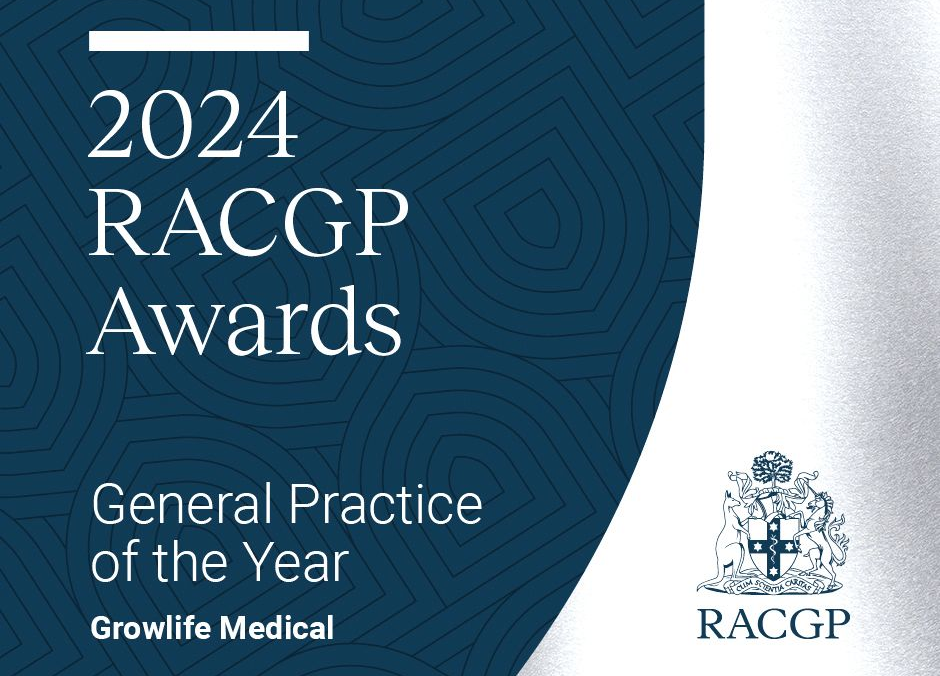Set a Goal to Control your Cholesterol!

When you hear the word cholesterol, does your mind automatically associate it with the word ‘bad’ or ‘unhealthy’? Why is that? Is it even correct? What does it do? Let’s clarify!
What is cholesterol?
Cholesterol is a fat-like substance in the body. It is either made by our liver or consumed in the foods we eat. Everyone has cholesterol. We use cholesterol for bodily functions every day and, in fact, we actually need it to be healthy.
Is all cholesterol bad?
Cholesterol is carried in the blood by proteins. When cholesterol and proteins combine, they are called lipoproteins. There are 2 main types:
- High-Density Lipoprotein (HDL): The HDL cholesterol can also be referred to as the ‘good’ cholesterol as it collects “bad stuff” from around our body and sends it off to be excreted since our body doesn’t want or need it. (HDL = HERO)
- Low-Density Lipoprotein (LDL): The LDL cholesterol is also known as the 'bad’ cholesterol as it dumps all the bad stuff in our arteries. (LDL = LITTERER)
The answer to the question is therefore, no, not all cholesterol is bad.
So, what does it mean if you have high cholesterol levels?
High levels of cholesterol can cause atherosclerosis, heart attack, stroke, and other circulatory diseases. But don’t stress! Cholesterol levels can often be reduced/managed through food intake and in close consultation with a dietitian. If cholesterol levels are unable to be managed with dietary changes alone, your GP can discuss options for medications.
What factors can result in high cholesterol?
- Eating fatty food
- Not exercising enough
- Overweight and obesity
- Smoking
- Genetics
- Uncontrolled diabetes
- High blood pressure
Just to name a few!
2 important points about cholesterol and food intake
- Cholesterol can be found in food sources such as meat, dairy, and eggs. However, dietary cholesterol intake rarely has a great impact on total cholesterol levels. This is because your liver will compensate. For example, if you consume lots of cholesterol-containing food sources, your liver will produce less cholesterol, so that your total cholesterol level stays around the same. Think of one of those fancy auto-sensor air-conditioners as our liver- it is constantly adjusting its function (ie. Blowing a lot of hot air, blowing a little bit of cool air, etc.) to maintain a certain room temperature.
- We cannot eat HDL and LDL cholesterol - they are made in our body. The type of fat you eat will dictate and influence how much HDL and LDL you have. More saturated fat will increase the LDL (bad) cholesterol. More unsaturated fat will increase our HDL (good) cholesterol and may even assist in reducing the LDL (bad) cholesterol.
3 recommendations to lower your cholesterol levels through food

- Reduce saturated fat intake and increase/replace with unsaturated fat.
- Switch palm/coconut oil for canola, sunflower or extra virgin olive oil
- Switch wings or drumsticks for skinless chicken breast/tenderloin
- Switch crisps for a handful of nuts
- Increase your intake of salmon and tuna
- Switch spreads on toast for avocado. (Or mix them with avocado)! Did your face wrinkle as you read that? (Apparently it is a bizarre yet tasty combo!)
- Add seeds to your oats/cereal/smoothie in the morning.
2. Include plant sterols in your diet.
To give you a quick crash course on plant sterols; essentially, they are a group of chemicals which look very similar to cholesterol. This allows them to compete with cholesterol when going from our gut to our bloodstream. As a result, it will decrease the amount of cholesterol in our blood and increase the amount of cholesterol lost in faeces. When consumed in the right amounts, plant sterols have been shown to lower blood cholesterol by up to 15%! (Reference). Great news - some of our typical day-to-day food products have been enriched with plant sterols to make this nice and easy for us. The following products all have plant sterol-containing varieties- so look out for them on your next grocery shop!
- Margarine spreads
- Breakfast cereals
- Low-fat milk
3. Switch to high fibre alternatives.
- Switch from white rice/pasta to brown rice/wholemeal pasta
- Switch from white bread to wholemeal/multigrain/seeded bread
- Eat the skins of your fruits....they are full of nutrition too! (eg. apple, grapes, strawberry, etc.)
Other ways to reduce cholesterol levels
Exercise! Exercise can help eliminate the LDL cholesterol by increasing HDL cholesterol. Losing excess weight can also increase HDL (which can be achieved through either exercise or food intake, or better yet- a combination of both!).

Want to know more?
For a more visual explanation of what happens to cholesterol in our body, the Heart Foundation has created a short 2-minute video for you! Check it out.
If you want to control your cholesterol, book an appointment with
our dietitian for individualised advice and strategies that will integrate seamlessly into your lifestyle. If you are unsure what your cholesterol levels are, it is worth
booking an appointment with
your GP. Alternatively, you can call us on 3154 2393 and ask about having a heart health check or a
45-49 year-old health check.

